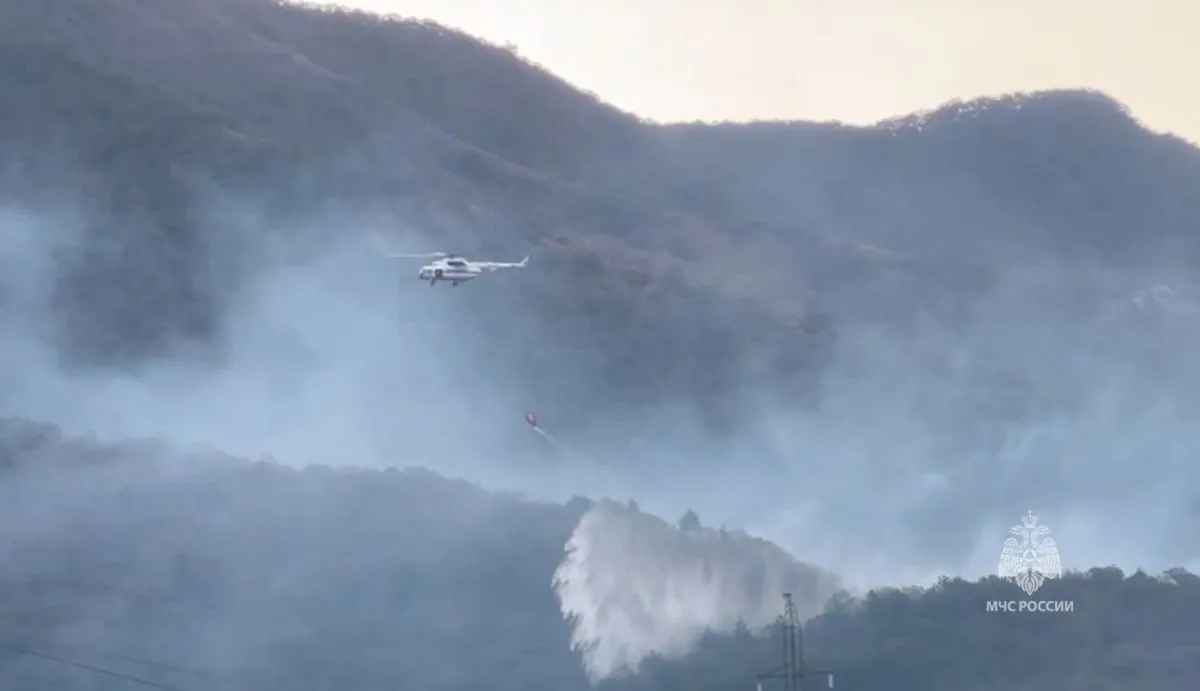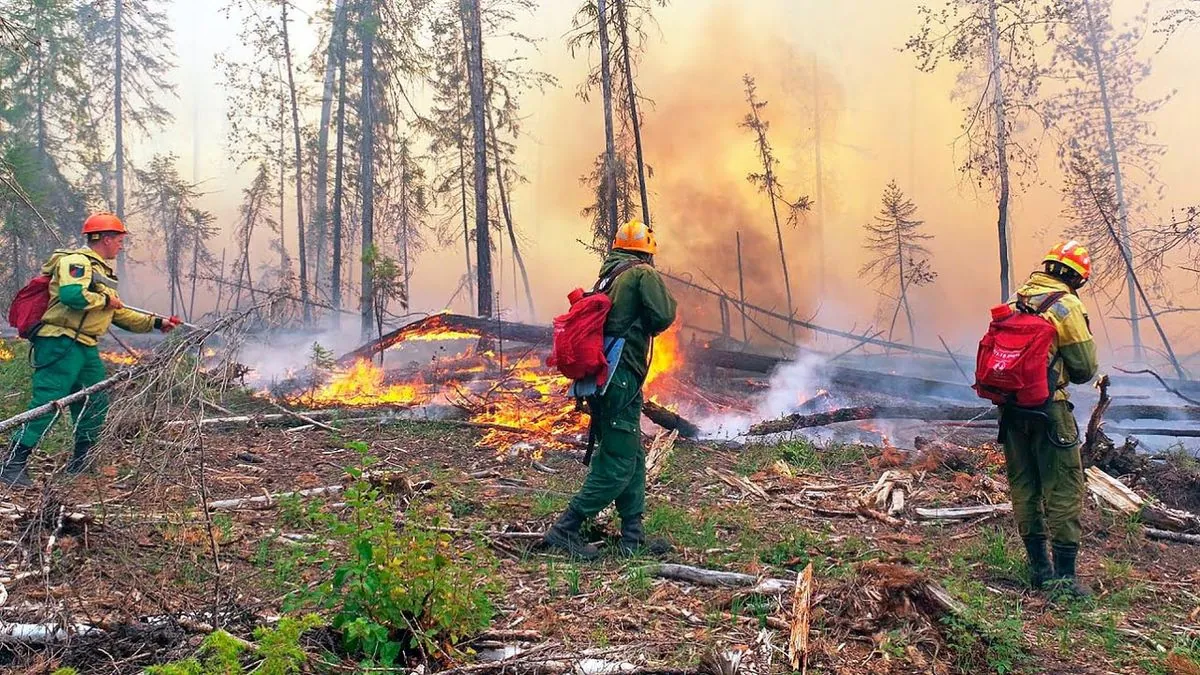Tuva Republic Evacuates 500 Children as Wildfires Rage in Southern Siberia
Nearly 500 children evacuated from summer camps in Tuva, Russia, as authorities battle 31 wildfires. State of emergency declared in forested areas of the southern Siberian republic.

In a swift response to escalating wildfires, authorities in the Tuva Republic, a region in southern Siberia, Russia, have ordered the evacuation of approximately 500 schoolchildren from summer camps. The decision comes as emergency workers struggle to contain 31 active wildfires ravaging the area's forests.
Vladislav Khovalyg, the regional governor, announced via Telegram that the children would be transported by bus to Kyzyl, the capital city of Tuva, within hours. Kyzyl, known for its central location in Asia, serves as a crucial hub in this emergency operation.
A state of emergency has been declared in the forested parts of Tuva, a republic bordering Mongolia with an area comparable to the U.S. state of Florida. Despite its vast territory, Tuva has a relatively small population of around 300,000 inhabitants.
According to regional emergency services, the fires have already consumed approximately 2,850 hectares (7,043 acres) of forest as of Sunday morning. Some blazes are alarmingly close to populated areas, heightening the urgency of the situation.

The firefighting effort involves 460 personnel working tirelessly to extinguish the blazes. This mobilization highlights the severity of the situation in a region known for its unique cultural heritage, including the famous Tuvan throat singing tradition.
Forest fires are a recurring challenge in Russia, particularly during summer months when intense heat, strong winds, and dry thunderstorms create ideal conditions for their spread. The current situation in Tuva is reminiscent of the devastating 2021 fire season, which set emission records and destroyed a staggering 18.8 million hectares of forest – an area twice the size of Ireland.
Tuva's diverse ecosystem, home to the UNESCO World Heritage site Ubsunur Hollow and rare wildlife such as snow leopards and Siberian ibex, faces significant threats from these wildfires. The region's continental climate, characterized by extreme temperature variations, further complicates firefighting efforts.
As the situation unfolds, concerns grow about the potential impact on Tuva's rich mineral resources, including coal and gold deposits, which play a crucial role in the local economy. With a high unemployment rate compared to other Russian regions, any disruption to these industries could have severe consequences for the population.
The Yenisei River, one of the world's largest river systems originating in Tuva, may also face ecological challenges due to the fires. This event serves as a stark reminder of the ongoing environmental challenges faced by Siberian regions and the need for robust fire management strategies in the face of changing climate patterns.


































